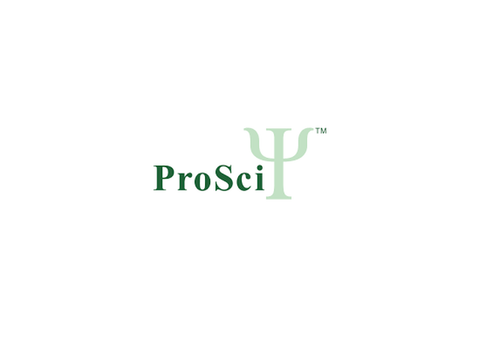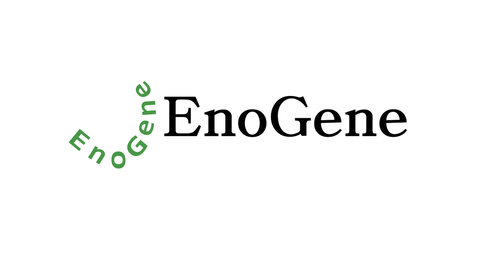Product Description
CDK2 Antibody | 62-964 | ProSci
Host: Rabbit
Reactivity: Human
Homology: Predicted species reactivity based on immunogen sequence: Bovine, Hamster, Mouse, Rat, Xenopus
Immunogen: This CDK2 antibody is generated from rabbits immunized with a KLH conjugated synthetic peptide between 230-260 amino acids from the C-terminal region of human CDK2.
Research Area: Cancer, Cell Cycle
Tested Application: WB, IHC-P, Flow
Application: For WB starting dilution is: 1:1000
For IHC-P starting dilution is: 1:50~100
For FACS starting dilution is: 1:10~50
Specificiy: N/A
Positive Control 1: N/A
Positive Control 2: N/A
Positive Control 3: N/A
Positive Control 4: N/A
Positive Control 5: N/A
Positive Control 6: N/A
Molecular Weight: 34 kDa
Validation: N/A
Isoform: N/A
Purification: This antibody is prepared by Saturated Ammonium Sulfate (SAS) precipitation followed by dialysis
Clonality: Polyclonal
Clone: N/A
Isotype: Rabbit Ig
Conjugate: Unconjugated
Physical State: Liquid
Buffer: Supplied in PBS with 0.09% (W/V) sodium azide.
Concentration: batch dependent
Storage Condition: Store at 4˚C for three months and -20˚C, stable for up to one year. As with all antibodies care should be taken to avoid repeated freeze thaw cycles. Antibodies should not be exposed to prolonged high temperatures.
Alternate Name: Cyclin-dependent kinase 2, Cell division protein kinase 2, p33 protein kinase, CDK2, CDKN2
User Note: Optimal dilutions for each application to be determined by the researcher.
BACKGROUND: CDK2 is a member of the Ser/Thr protein kinase family. This protein kinase is highly similar to the gene products of S. cerevisiae cdc28, and S. pombe cdc2. It is a catalytic subunit of the cyclin-dependent protein kinase complex, whose activity is restricted to the G1-S phase, and essential for cell cycle G1/S phase transition. This protein associates with and regulated by the regulatory subunits of the complex including cyclin A or E, CDK inhibitor p21Cip1 (CDKN1A) and p27Kip1 (CDKN1B) . Its activity is also regulated by its protein phosphorylation.
 Euro
Euro
 USD
USD
 British Pound
British Pound
 NULL
NULL












